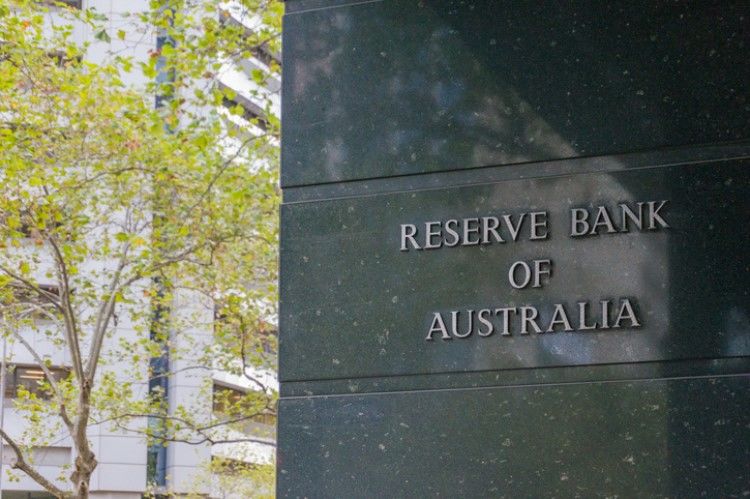
The decision of the Reserve Bank of Australia (RBA) to move the cash rate for the first time in over two years this month might be just the beginning of a series of cuts in the period ahead, according to the central bank's board members.
The central bank decided to bring the official cash rate down to 1.25% after keeping it chilled at 1.5% since 2016. The minutes of the RBA's monthly meeting for the month of June showed that members believe that a further easing in monetary policy would be "appropriate" in the coming months to meet Australia's economic targets.
Benefits of lower interest rates
The minutes discussed the implications of lower interest rates on Australians' incomes and debts.
"Lower interest rates lead to a decline in the interest that households pay on their debt, but also lead to a decline in the interest income that households receive from interest-bearing assets, such as term deposits," the minutes said.
This means that the effects of interest-rate changes depend on the circumstances of each household. For instance, older Australians who are relying on interest income would suffer in a lower interest-rate environment.
"The overall net effect of lower interest rates was nevertheless expected to boost aggregate household disposable income and thus spending capacity," the minutes said.
Labour market and inflation
Two of the main concerns brought up by the board members were inflation and the labour market. They observed that underlying inflation had been below the 2% to 3% target range for three years, reflecting the sluggish growth in wages.
"In these circumstances, members agreed that further improvement in the labour market would be required for wages growth and inflation to rise to levels consistent with the medium-term inflation target," the minutes said. "A lower level of interest rates would support growth in the economy, thereby reducing unemployment and contributing to inflation rising to a level consistent with the target."
Market watchers seem to agree with the board's sentiments — JP Morgan executive director Tom Kennedy, for instance, believes that a further reduction of cash rate to 0.75% would likely happen by the end of the current year.
"We doubt 50 basis points of easing will be sufficient to resolve the issues facing the Australian economy," he told AAP.
Collections: Mortgage News



Share